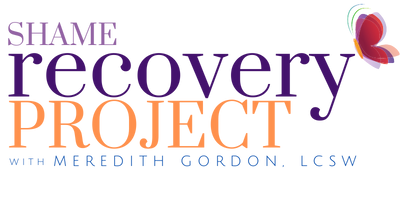For a long time I didn’t know whether to call what happened to me incest. I didn’t see how it wasn’t. And yet saying it seemed—what? Like it was “unfair” to my parents to apply that label. And what if I was just looking at everything wrong?
What happened to me was this: When I was in high school, my father exposed his genitals to me, on a daily basis, sometimes more frequently. He dressed or undressed in my bedroom, always when I was in bed or in my room. It started when I was fifteen and continued until I went away to college. He’d shower then come into my room with no clothes on. His dresser was kept in my bedroom. For a long time I told myself that that was the seemingly apparent reason he entered my room wearing nothing. But that was my mind trying to impose order and find some locus of control. I had no outward control. The reality was he could have taken his clothes into the bathroom and dressed there. A father who was concerned about his daughter’s emotional development would have done that. I don’t think my father was capable of that. That is not to say he did not love me. It is to say that he was not protective of me when it came to his behavior. And neither was my mother.
My parents are both deceased. My father died thirty years ago. My mother died nearly twenty years ago. The only writing I have done about this has been in my journal. I have books of journals about this and essays I have been unable to finish. Until now.
I never told anyone in high school. It was embarrassing and humiliating. After college, when I did open up, I tried to be very selective about who I told. The reactions I received from these people, friends who cared about me, were reactions of disgust and disbelief. This was painful. I didn’t understand it. I knew what had happened was wrong and yet I felt dirty and guilty that I’d forced them to know something they didn’t want to know about my parents or me. My husband was different. It was hard for him to hear but he listened. He assured me that it wasn’t me. This, he, has given me courage over the years to very deeply explore this wound.
But before him, it was very hard for me to separate their reactions with who I was and with what happened to me. Friends, relatives loved my parents. Adored them. Still do. Won’t hear or listen to anything that rattles that image. Even writing this is hard. Their reactions were visceral and, well, they still are, I suppose. My reaction to their reactions—my need to break eye contact with them or change the subject—required I learn to hold this trauma myself. Horrified faces. Hands over mouths. It was confusing. It was hard.
I know I am not the only one to have experienced this. And it’s why I’m writing today.
It’s important to note that as “a victim” I did say, “no.” I did lock my door. I did try to get them to stop. But I was a child and I had no power in the context of our family. I had parents who were not bad people but people with deeply unmet needs who had no desire to turn inward and meet them themselves. That is the other part of this cycle.
Starting today I am going to write about the incest wound, trauma, shame, sexual abuse, and recovery. I’ve already got a few pieces here (about the myth of complicity in trauma) and here (about self-blame after abuse). I’m going to use my experience as a blueprint and foundation because it is really the only way for me to delve deeply and make sense of it. I hope this helps you, too.
Through therapy and writing, art and depth work, I’ve begun to understand all that is bound up inside the incest wound. Sorting out the threads, lifting up each piece of my story to the light, and amplifying the inner voice within are some of objectives. My voice can speak about this now, and I’m hoping it leads you to do the same.
—Meredith
Photo by Sharon McCutcheon on Unsplash
